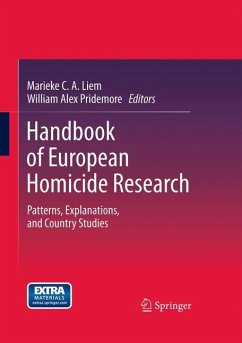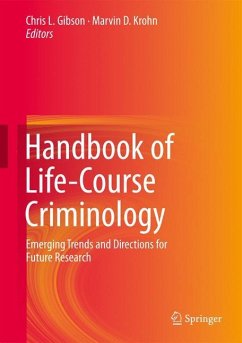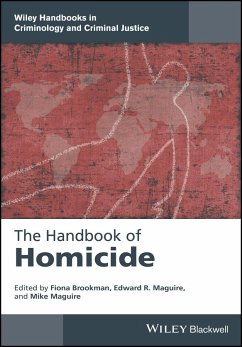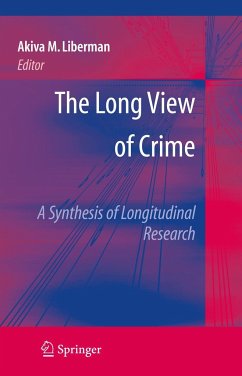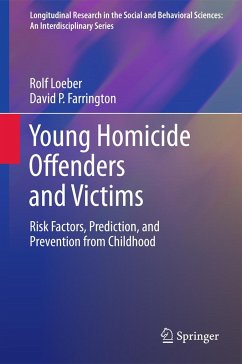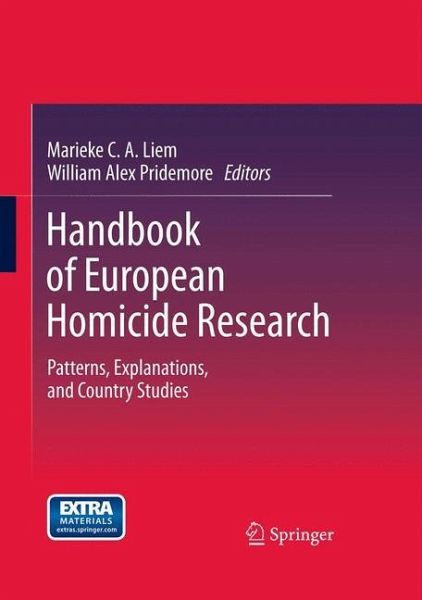
Handbook of European Homicide Research
Patterns, Explanations, and Country Studies
Herausgegeben: Liem, Marieke C. A.; Pridemore, William Alex

PAYBACK Punkte
77 °P sammeln!
This comprehensive work provides a sourcebook of information about the substantive, methodological, and policy-oriented aspects of homicide research in Europe. Part one of this work covers the most recent substantive and methodological information about European homicide research. The second part will contains detailed case studies on homicide research in 15-20 individual European nations.This work will be both conceptual and practical. conceptual and practical. Conceptual aspects will focus on theoretical frameworks and patterns and trends of violence in Europe. Practical aspects will examine...
This comprehensive work provides a sourcebook of information about the substantive, methodological, and policy-oriented aspects of homicide research in Europe. Part one of this work covers the most recent substantive and methodological information about European homicide research. The second part will contains detailed case studies on homicide research in 15-20 individual European nations.
This work will be both conceptual and practical. conceptual and practical. Conceptual aspects will focus on theoretical frameworks and patterns and trends of violence in Europe. Practical aspects will examine the results of empirical research, topics relating to different data sources and the variation of legal definitions of violence throughout Europe, and policy issues relating to variation in homicide prevention and punishment of homicide offenders throughout Europe.
This handbook will not only provide an up-to-date reference that brings together known information, butwill also offer previously unpublished comprehensive literature reviews and original research findings. The editors' distinctive approach is to provide readers with an English-language central source of information about the voluminous literature on European homicide research that is currently spread widely in dozens of different European and American journals.
This work will be both conceptual and practical. conceptual and practical. Conceptual aspects will focus on theoretical frameworks and patterns and trends of violence in Europe. Practical aspects will examine the results of empirical research, topics relating to different data sources and the variation of legal definitions of violence throughout Europe, and policy issues relating to variation in homicide prevention and punishment of homicide offenders throughout Europe.
This handbook will not only provide an up-to-date reference that brings together known information, butwill also offer previously unpublished comprehensive literature reviews and original research findings. The editors' distinctive approach is to provide readers with an English-language central source of information about the voluminous literature on European homicide research that is currently spread widely in dozens of different European and American journals.





